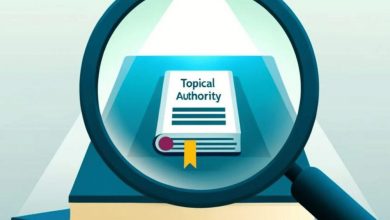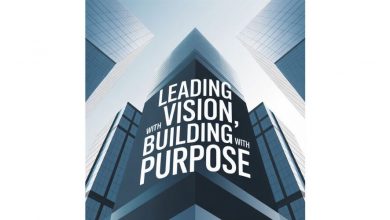As TV Fades, Podcasts Rise — And Media Morpheus Is Making Sure Experts Are Heard

In the age of streaming, swiping, and skipping ads, attention is the most valuable currency — and traditional television is running a deficit.
Once the undisputed king of mass communication, TV is now watching its audience drift toward a new frontier: podcasts. With more than 80 million Americans tuning in to podcasts each week, audio-first content has shifted from niche to necessary. And behind the scenes of that shift is a growing industry of media strategists making sure thought leaders, entrepreneurs, and experts aren’t left behind.
One of those firms is Media Morpheus, a digital visibility agency that’s making podcast guest appearances as strategically essential as TV interviews once were.
“We’ve reached a point where a single podcast episode can outperform a cable news segment — not just in reach, but in resonance,” says Cory Chamberlain, CEO of Media Morpheus.
It’s a bold claim. But the numbers back it up.
In a single week this March, CNN drew just 99,000 viewers in the coveted 25–54 demographic during prime time. MSNBC managed 107,000. Meanwhile, podcasts like The Diary of a CEO, The Lex Fridman Podcast, and The Jordan Harbinger Show consistently pull in over 100,000 downloads per episode — often within the first 48 hours.
But it’s not just the raw numbers that tell the story. It’s the depth of engagement. Where television is increasingly background noise, podcasts demand attention — with most listeners completing over 80% of an episode. In a world of shrinking attention spans, long-form audio is proving to be the anomaly: content people actually finish.
Media Morpheus recognized that shift early and built an offering around it: a turnkey guest placement service for professionals who want to be more than just visible — they want to be heard. The firm handles everything from identifying the right shows to coaching clients on messaging and repurposing episodes into short-form content for TikTok, Instagram, and YouTube.
The result? A single podcast appearance becomes a full-scale content engine.
“It’s not just about being a guest,” Chamberlain explains. “It’s about becoming a trusted voice in your industry. Podcasts let you do that in a way TV never could.”
That’s because podcasting offers something TV lost long ago: intimacy. Listeners tune in during commutes, workouts, or quiet evenings at home. Hosts aren’t anchors — they’re guides, facilitators, even friends. For guests, that creates a powerful platform for connection.
And the opportunities are growing. The global podcast market is expected to surpass $30 billion by 2026, with more than 500 million listeners worldwide. YouTube, which now dominates podcast discovery, is blurring the lines between video and audio, while AI-powered distribution tools are helping creators expand reach across social platforms instantly.
In this landscape, getting placed on the right podcast isn’t a vanity play — it’s a media strategy.
“We’re not replacing TV,” Chamberlain says. “We’re replacing the idea that mass exposure requires a broadcasting tower. Influence now lives in earbuds and in algorithms.”
The question now is no longer whether podcasting is worth it. It’s who’s guiding the strategy behind the mic.
And behind the scenes of that shift is a growing industry of media strategists making sure thought leaders, entrepreneurs, and experts aren’t left behind.

Source: As TV Fades, Podcasts Rise — And Media Morpheus Is Making Sure Experts Are Heard




